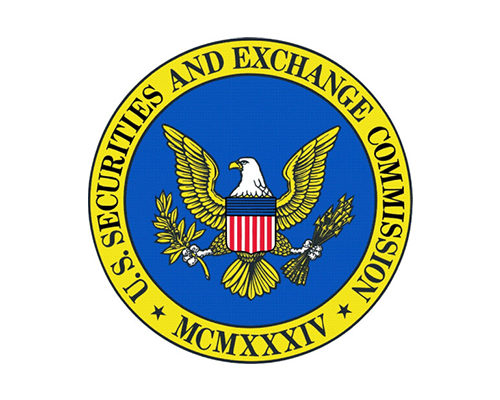 On August 26, the SEC adopted amendments to the definition of “accredited investor” under Rules 501(a) and 215 of the Securities Act of 1933 (Securities Act) and adopted amendments to the “qualified institutional buyer” (QIB) definition under Rule 144A of the Securities Act. Historically, individual investors who do not meet specific income or net worth tests, regardless of their financial sophistication, have been denied the opportunity to invest in private capital markets. The amendments are part of the SEC’s efforts to expand investor access to private capital markets by adding new categories of natural persons and entities that may qualify as accredited investors or QIBs.
On August 26, the SEC adopted amendments to the definition of “accredited investor” under Rules 501(a) and 215 of the Securities Act of 1933 (Securities Act) and adopted amendments to the “qualified institutional buyer” (QIB) definition under Rule 144A of the Securities Act. Historically, individual investors who do not meet specific income or net worth tests, regardless of their financial sophistication, have been denied the opportunity to invest in private capital markets. The amendments are part of the SEC’s efforts to expand investor access to private capital markets by adding new categories of natural persons and entities that may qualify as accredited investors or QIBs.
The existing Rule 501(a) states that natural persons would qualify as an accredited investor if they had a net worth of $1 million excluding the value of a primary residence; or an income of at least $200,000 each year for the last two years (or $300,000 of joint income for married persons). The revised definition of accredited investor maintains these thresholds, but also expands the definitions of individuals and married investors. It also provides eligibility for investors who don’t pass the existing income or net worth threshold test but who meet the defined measures of professional knowledge, experience or certifications, such as holders of SEC Series 7, Series 65 and Series 82 licenses to qualify as an accredited investor. The revised definition of accredited investors adds to the types of entities that qualify as accredited investors. The amendments revise the definition of QIB in Rule 144A of the Securities Act to include (i) LLCs and RBICs that meet the current threshold of $100 million in securities owned and invested of issuers not affiliated with such entity; and (ii) a “catch-all” category that would permit any institutional investor included in the definition of “accredited investor” (as defined in Rule 501(a)) that is not otherwise enumerated as one of the categories of entities in the definition of QIB to qualify as a QIB provided it satisfies the $100 million threshold. The amendments will become effective 60 days after publication in the Federal Register.

